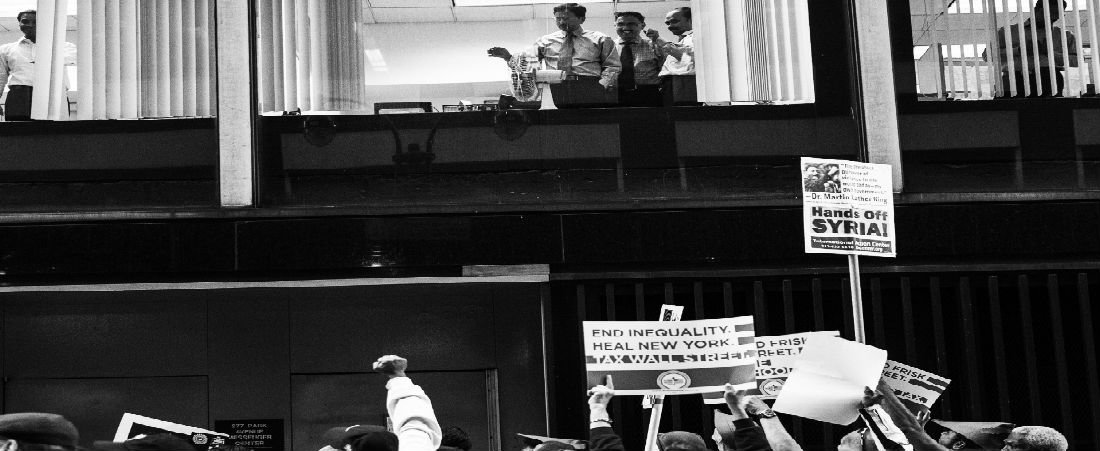Almost 80% of Chief Financial Officers agree that environmental, social and governance programmes add value to their business by maintaining good corporate reputation and/or brand equity.
Integrating responsible business practice into a company can create a happy and engaged workforce, improved operational effectiveness, organisational growth and new business opportunities.
The companies we work with at Business in the Community approach these issues in myriad ways, based around what makes sense for their businesses. But there are some general principles we would always recommend to leaders:
IDENTIFY YOUR UNIQUE CONTRIBUTION
Businesses do best when they can demonstrate their unique expertise in ways that chime with their brand and stand out.
Marks & Spencer is demonstrating its commitment to ‘circular economics’ by asking customers to bring unwanted clothes back to stores so they can be resold, reused or recycled – its ultimate ambition is to collect as many clothes as it sells.
B&Q’s Street Club programme has seen the retailer suggest people share lawn mowers and drills with their neighbours, rather than each person purchasing their own. This is a scheme built around selling less – a clear demonstration to the public that the company shares its priorities.
Others lend their skills to the community in appropriate ways – such as accounting firms encouraging staff to volunteer in roles which help community groups.
LEAD FROM THE FRONT AND GET THE GOVERNANCE RIGHT
Chief executives who have a personal passion for this agenda are more likely to build it into the corporate culture.
Leaders must find a way to balance planning responsibly for the long term with addressing short-term issues and stakeholder demands. Issues of values and ethics must be addressed and company cultures built that promote responsibility and positive impact.
You also need a clear governance structure – while 93% of CEOs believe boards should discuss and act on social and environmental issues, only 75% feel their boards are doing so, according to a recent report Business in the Community published with Cranfield School of Management.
BE PREPARED FOR THE FUTURE
By 2050, the world’s population will be 9 billion. Is your business thinking in the right way about long-term issues like this and others, such as increasing resource constraints and changing weather patterns? These are challenges, but also massive opportunities. All companies have short-term priorities and concerns, but those which don’t make the time to consider how to build a sustainable future risk seeing their business model becoming obsolete or untenable.
Corporate responsibility is an ongoing journey, not a destination. There is always more a business can do – and ultimately it will be to the benefit of the business to do so.
Stephen Howard is Chief Executive of Business in the Community.
Leaders and business: the personal challenge

